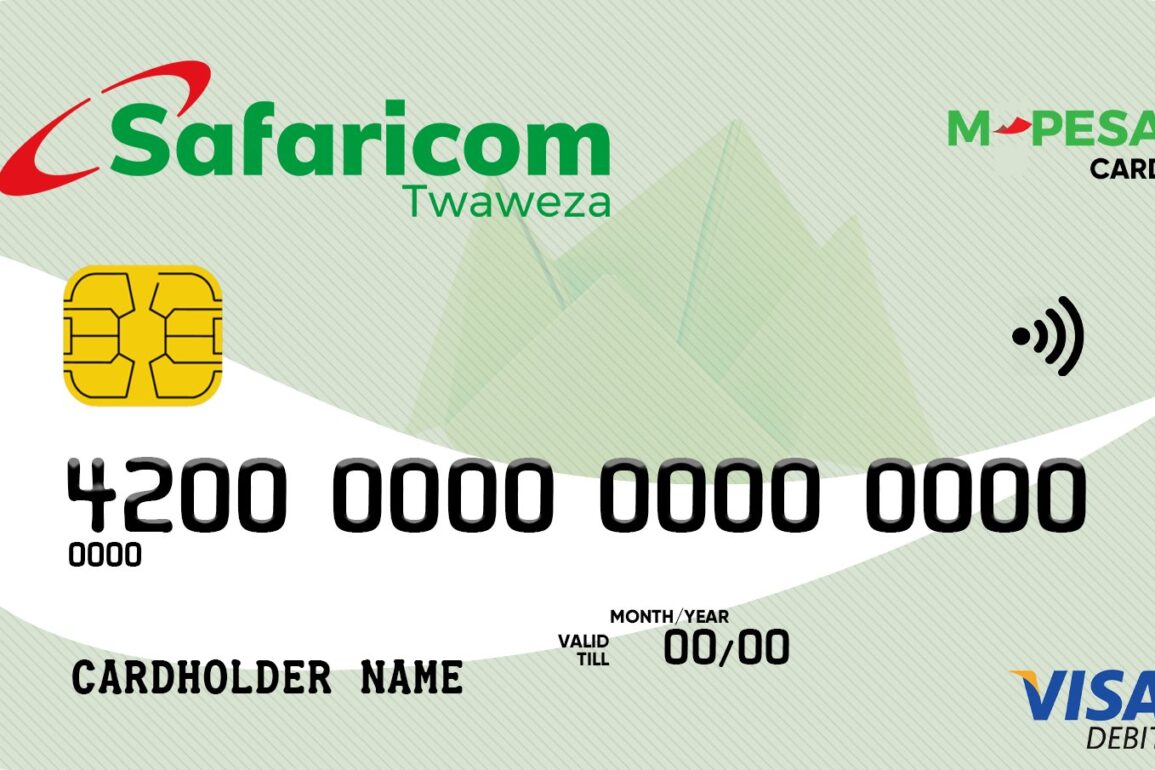M-Pesa, the mobile money platform owned by East Africa’s biggest company Safaricom and used by more than 32.1 million Kenyans is now targeting 60 million customers across eight African markets via a partnership with payments giant Visa.
With Visa, M-Pesa plans to debut tap-to-pay capabilities. This follows Safaricom’s collaboration with Visa last year to introduce the M-Pesa GlobalPay Visa Virtual Card, which allows over 30 million M-Pesa customers to shop abroad while also paying securely. This new venture expands beyond the virtual GlobalPay offering and sets its sights on the cash-reliant retail sector.
It also follows M-Pesa’s receipt of Payment Card Industry Data Security Standard (PCI DSS) Certification, a worldwide data security standard for companies that accept card transactions.
The tap-to-go solution for customers will enable merchants to receive payments. Visitors with cards can pay through M-Pesa and also extend card solutions to other fintechs. It’s also good for Visa, which gains a powerful partner with a vast user base.
Customers can use the tap-to-pay product across the eight countries in which M-Pesa operates. M-Pesa says, in a statement on X: “Fintechs and financial institutions are equally set to leverage our card processing capabilities, empowering them to provide end-to-end mobile and card payment solutions.”
According to M-Pesa owner Safaricom, the PCI DSS clearance is a significant accomplishment for the company and corresponds with its ambition to transition from a telco to a tech company by 2025. It can now be a worldwide payment facilitator for partners such as Google, Uber, and Microsoft, among others.
Aside from tap-to-pay, the accreditation will allow M-Pesa retailers to accept card payments from Safaricom customers both online and in-person.
Local reports suggest that the company may now improve API functionality in order to increase the number of developers on the M-Pesa platform.
In June 2022, the Kenyan fintech company partnered with Visa to launch the M-PESA GlobalPay Visa Virtual Card, empowering over 30 million M-PESA customers to shop globally and pay securely at the time.
But this virtual card could only be used online, rendering it inefficient at the country’s ubiquitous physical retail stores.
However, launching these physical cards marks M-PESA and Visa’s second collaboration in less than two years to enhance international payments. It also bodes well for M-PESA, which has transformed digital payments in Kenya but has yet to penetrate the country’s retail space.
The fintech company leads the Kenyan mobile money market share at 96.5%, positioning it to solve payments in the country that require physical debit cards. It says it has over 60 million customers, 5 million businesses, and 100,000 developers across its entire ecosystem. Although the mobile money market in Kenya is dominated by Safaricom’s M-PESA, it has other players, including Airtel Money and Orange Money.
It remains to be seen whether M-PESA will be able to replicate its digital success in the country’s cash-based retail market.





